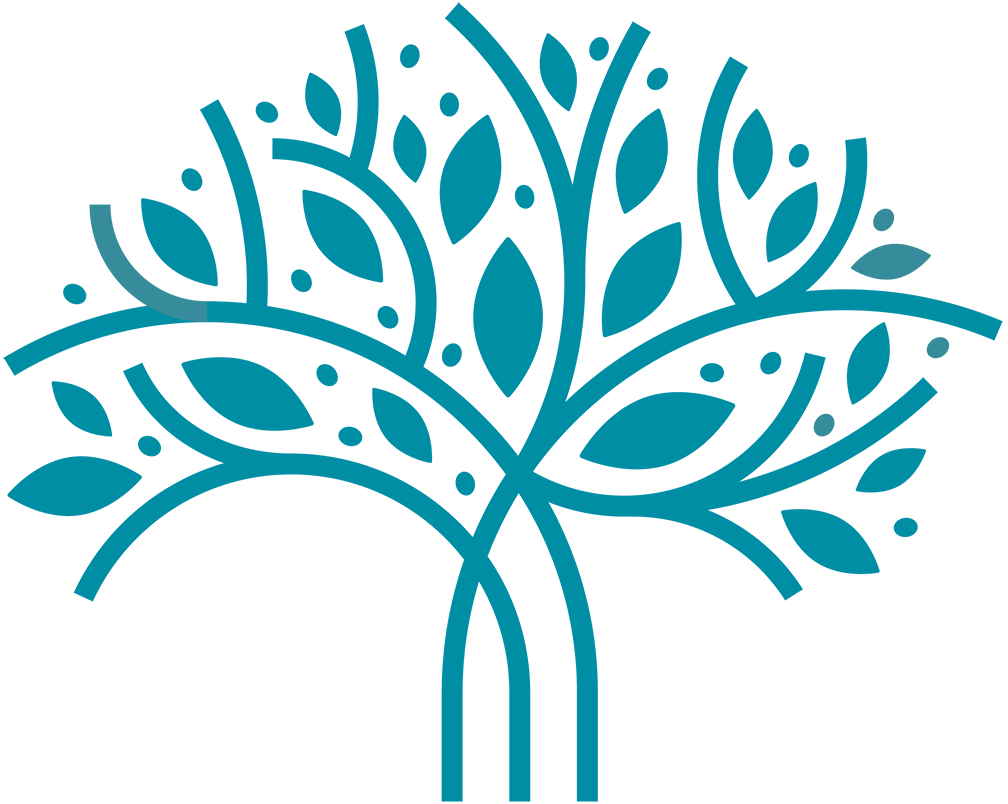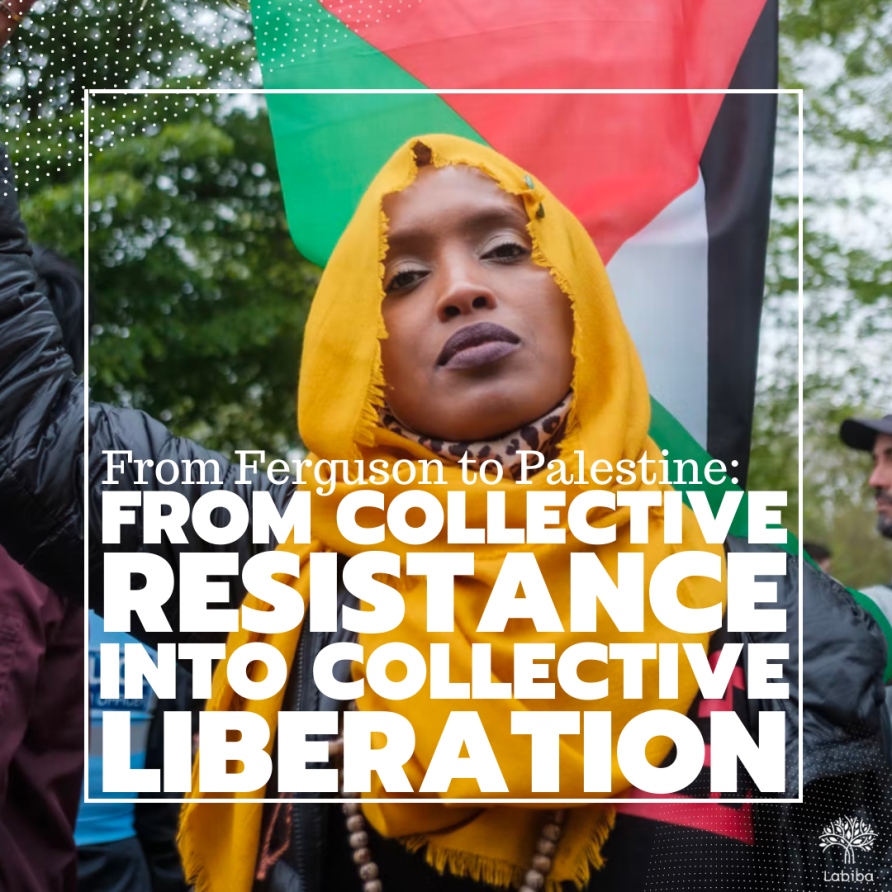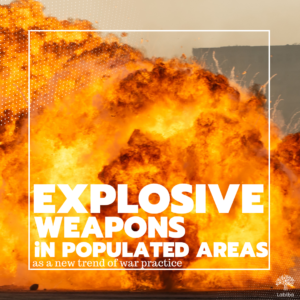The Black Lives Matter (BLM) movement, centred around themes of racial justice and human rights, has revived global political consciousness among African Americans and others sympathetic to their struggle. With this growing consciousness, there is a reinvigorated interest in Palestinian liberation. Many Black American organizations in the United States have linked efforts to defund police organizations with the movement to end economic, political, and social ties with Israel, also known as the BDS movement (Boycott, Divestment and Sanctions movement). Following the outbreak of violence between Israeli and Palestinian forces in the late spring of 2021, many took to the streets. Just as they’d done more than a year earlier in the wake of the police killings of George Floyd and Breonna Taylor, they protested against what they view as repeated acts of state violence and aggression towards Palestinians.
A shift in language and tone
Rallies in New York City and Washington D.C. drew hundreds of protestors to the streets. They were holding BLM banners and waving Palestinian flags, advocating for an end to U.S. aid to Israel and to defund city police budgets. Left-leaning politicians like New York State Senator Jabari Brisport spoke to a crowd gathered in Brooklyn: “Whether it’s in Astoria, whether it’s in Brooklyn, whether it’s in Ferguson, whether it’s in the West Bank, we say: ‘Hell, no’”.
Others have taken to the floor of the U.S. House of Representatives on numerous occasions to blast the U.S. government’s “unconditional” support for Israel. Like Missouri Congresswoman Cori Bush, who entered politics in the wake of protests against the police in Ferguson, Mo., following the deadly shooting of unarmed teenager Mike Brown. Or Michigan Congresswoman Rashida Tlaib, a daughter of Palestinian immigrants.
During last year’s violent clash, Bush, Tlaib, and congresswoman Alexandria Ocasio-Cortez jointly cosponsored a congressional resolution blocking a $735 million U.S. arms sale to Israel, a move that would’ve only prolonged the conflict rather than helped to end it. The shift in language and tone – from politicians to mainstream media outlets to what’s trending on social media – would’ve been unthinkable only a decade earlier. Since the death of unarmed Florida teenager Trayvon Martin in 2012, BLM has grown into a powerful political and cultural movement on racial justice. Something unseen in the U.S. since the civil rights era of the 1950s and 1960s.
Reframing the Israeli-Palestinian conflict
Consequently, BLM has helped reframe the American left’s understanding of the Israeli-Palestinian conflict. From a struggle over historically disputed territory, to a more easily understood struggle against racial oppression and police brutality. BLM’s continued efforts to push racial injustices to the forefront of political debate in the U.S. may also help transform America’s foreign policy and approach towards Israel. It can be done by taking advantage of these shifting conversations around injustice and state violence.
BDS organizations view this alliance, amongst Blacks and Palestinians, as part of a wider global anti-racist and anti-colonial movement. The roots of this idea go back to the civil rights era. When leaders such as Malcolm X and the Black Panthers were among the most outspoken allies of Palestinians and supporters of Palestinian liberation. However, it’s only in the last decade, with the emergence of BLM, that we’ve seen a resurgence in these ideas taking shape. Many remember that during the Ferguson protests, in the wake of the unarmed shooting of Mick Brown in 2014, it was Palestinians who took to social media to share instructions for how best to handle being tear-gassed.
These collective experiences – of marginalization, exclusion, and oppression under state violence – have only become more visible. And thanks to, in large part, the role of digital media. Now comes the work of translating collective resistance into collective liberation.
Hoda Ossoble




